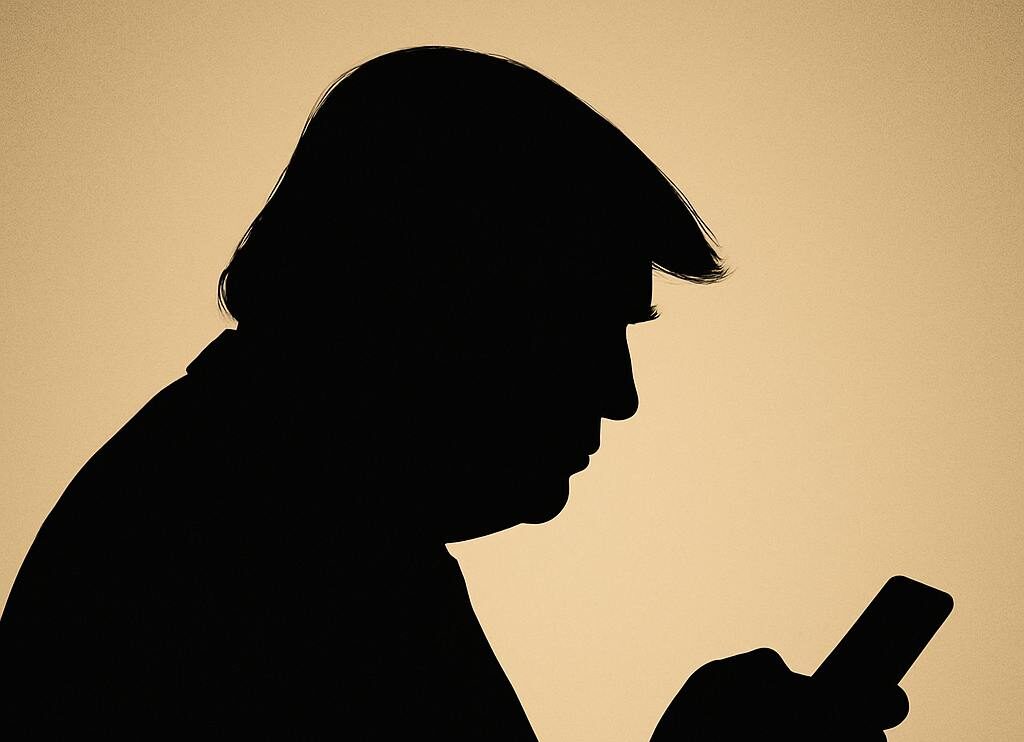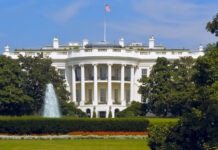Health and Human Services Secretary Robert F. Kennedy Jr. revealed Monday, August 4, that President Donald Trump regularly contacts him to inquire about the administration’s progress on improving Americans’ health outcomes. Kennedy disclosed these frequent communications during a press conference promoting new restrictions on food stamp purchases.
Speaking alongside state governors and Cabinet officials on Monday, Kennedy indicated that Trump contacts him three to four times a week to check on the health agenda’s advancement. The Health Secretary described the president’s consistent question during these calls: “Why aren’t people healthier yet?”
Kennedy explained that Trump maintains pressure on him regarding the implementation of health initiatives. The secretary noted that the president called him the night before the Monday press conference, continuing his pattern of regular check-ins on health policy progress.
The press conference focused on promoting a new policy designed to restrict the purchase of soda and candy with food stamps. This initiative represents part of Trump’s broader “Make America Healthy Again” campaign, which builds upon his original 2016 “Make America Great Again” slogan. Kennedy emphasized that the administration has full presidential support for these health-focused policies.
Kennedy, known for his controversial positions on vaccines and other health topics, assured reporters that Trump remains committed to fulfilling his campaign promise to improve American health outcomes. He characterized the president’s frequent calls as evidence of his dedication to seeing these health initiatives implemented effectively.
The “Make America Healthy Again” campaign has included several high-profile efforts to change American dietary habits. Among these initiatives is a push to encourage Coca-Cola to sell cane sugar-based sodas in the United States, moving away from high fructose corn syrup (HFCS) formulations.
Coca‑Cola confirmed via its earnings report that it would introduce a new cane sugar–sweetened cola product in the U.S. this fall, positioning it alongside — not replacing — its regular HFCS‑sweetened formulation.
Nutritionists emphasize that cane sugar (sucrose) and HFCS have almost identical compositions and health effects when consumed in similar quantities.
A PBS NewsHour story explains that while HFCS has a slightly higher fructose ratio than sucrose, no strong evidence shows HFCS causes more harm. Both are classified as “added sugars” linked to obesity, diabetes, and heart disease when overconsumed.
A Parents.com article quotes dietitians affirming: “Neither sweetener offers health benefits over the other… each contributes equally to potential health risks like type 2 diabetes, high blood pressure, and heart disease…”
Kennedy’s tenure has also been marked by significant changes within federal public health organizations. He has overseen funding cuts and staff reductions across various health agencies. Most recently, Kennedy removed all 17 experts from the Advisory Committee on Immunization Practices, replacing them with individuals who share his skeptical views on vaccination policies.
These personnel changes represent a significant shift in federal health policy guidance. The Advisory Committee on Immunization Practices traditionally provides recommendations for vaccine schedules and policies across the United States. Kennedy’s decision to replace all committee members with like-minded appointees signals a major departure from conventional public health approaches.
The food stamp restrictions being promoted at Monday’s press conference align with the administration’s broader health agenda. Kennedy and other officials argue that preventing the purchase of sugary drinks and candy with federal assistance will improve nutritional outcomes among low-income Americans. This policy represents one of the more concrete implementations of the “Make America Healthy Again” initiative.
Kennedy’s public disclosure of Trump’s frequent phone calls provides insight into the President’s management style and priorities during his second term. The regular communication pattern suggests Trump maintains close oversight of key policy areas, particularly those tied to major campaign promises like health improvement.
Kennedy’s willingness to publicly discuss his frequent conversations with Trump also illustrates the administration’s strategy of emphasizing presidential involvement in policy development. By highlighting Trump’s direct engagement with health issues, Kennedy reinforces the importance of these initiatives within the broader administration agenda.











